Yes, writers have to be good with words. But, producing an excellent piece of content requires A LOT more work and expertise than putting pen to paper.
Here is what you're REALLY charging for:
1. Content marketing - The purpose of writing content for a company doesn't start and end with entertainment. The purpose is to connect with an audience during some stage of the sales funnel. A good writer knows this and knows how to engage customers with the right messages.
2. Research - The research that goes into creating content is INTENSE. Writers learn everything about the company, topic, industry, trends, relevant reports, etc. Writing good content means bringing extremely detailed insights to light in a way that is accessible to all
3. Time & expertise - Let's get hypothetical. Say you take a smart industry expert (e.g., DTC business owner) that is NOT a writer and also an expert content writer in the DTC industry. You place them both in a cute she-shed and ask them to complete the same writing assignment.
Predicted results:
Writer - The content writer is going to get the job done faster. The article will be structured better, more fun to read, and it will rank on Google. Even though the writer is not a DTC business owner, the writer's article will be better in every way.
Non-writer expert - The expert clearly has all the industry knowledge (that's why writers interview experts). But, they don't have years of writing + marketing experience under their belts or the extra time. And that's okay. That's why writers exist.
Your clients hire you to write for the same reason you hire an accountant to do your taxes, go to a doctor to perform a colonoscopy, and employ a cake maker to bake your wedding cake.
These pros have the expertise, and going the DIY route ends in disaster. We've all seen Nailed It!
4. Processes - An excellent content writer knows how to hear an idea, and take that idea from inception all the way across the finish line. When someone hires me, I don't ask them what they need me to do. They tell me what they want, and I communicate to them exactly how and when I'm going to get it done.
5. Industry knowledge - Writers stay current on everything that is going on in the writing world, content marketing world, and in the world of their niche. It's not uncommon for me to spend an entire workday reading, learning, engaging, and ideating. I take this into account when I set my prices.
6. Style - Content writers know that people don't read the same way online that they do when they read a novel. Writers know how to style a piece so that it's engaging but also scannable and rankable. (Is rankable a word?)
7. 6th-grade reading level - Yes, good writers get paid big bucks to write at a 6th-grade reading level. There's a reason why the Young Adult genre is the most difficult genre to write and why it's so impressive when an author actually pulls it off well. It's hard to simplify complex ideas.
8. Interviewing - A large portion of writing is interviewing, and it's not easy. You have to know how to get right to the point and ask the right questions to the right people. It’s a true skill.
9. Network - Writers niche down and build a network with that niche. Access to this network is worth $$$.
There you have it! I encourage you to raise your prices by at least 10% for your next client.




